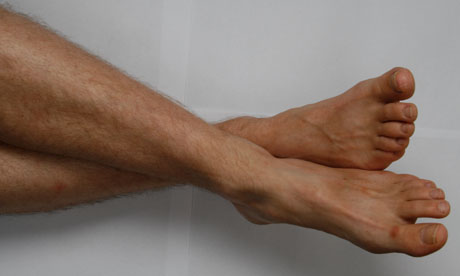
How does gastric banding work? Does it simply make you feel full after eating only a little, but still leave you ravenously hungry? I'm greatly overweight and I'm thinking of banding, but I don't want to be tortured by hunger I can't satisfy.
Don't worry. American researchers have looked into precisely this problem. They have found a way of measuring "hedonic hunger", which is defined as the desire to eat favourite foods even when the body has no need for the extra energy intake. They compared people of normal weight (who don't show hedonistic hunger) with both obese people who had not had surgery and with those who had been given bands. Post-banding, the patients lost their hedonistic hunger, as well as a lot of weight. So banding works not only by making you feel full very quickly, but also by reducing the desire to eat inappropriately. Whether or not that lasts is another matter, because there are failures, but it certainly helps you settle into a new, healthier way of eating in the first few months. It is then up to you to keep it up.
I've had restless legs syndrome on and off for years. At the moment it's very persistent, day and night. My GP says the circulation in my legs is good. Does it have a nervous origin?
The theories about restless legs – an irresistible urge to move one's legs to stop unpleasant sensations – are as numerous as the treatments proposed for them. That they start at night, and don't generally occur during the day, is a puzzle. They don't seem to be caused by changes in the blood flow through the limbs or by damage to, or inflammation of, the nerves or muscles. Advocates of keeping the limbs cool at night vie with those who say keeping them warm is better: most people with restless legs seem to have tried both, with little success. Getting up and walking around appears to help more than remaining in bed and hoping they'll settle. Three drugs, pramipexole, ropinirole and rotigotine, initially designed for Parkinson's disease, have also been found useful, so your doctor may wish to prescribe one of them. They can help, but they aren't universally successful.
• Got a medical question for Dr Tom? Email doctordoctor@theguardian.com

